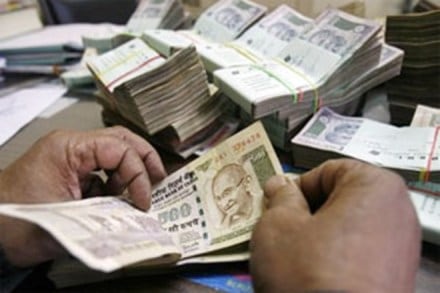The government’s decision to double the investment cap of the Employees’ Provident Fund (EPF) into equities from 5 per cent of the corpus to 10 per cent should be beneficial for members of the scheme who contribute a portion of their salary every month to create a retirement corpus.
The move is likey to result in an investment of Rs 13,000 crore into equities through Exchange Traded Funds (ETFs) as against the present Rs 6,577 crore. The EPF investment in equities have been invested in Nifty-50 and Sensex.
The decision to raise the exposure cap, announced on Thursday, would be especially beneficial for members of the Employees’ Provident Fund Organisation (EPFO) who are young and have a long way to go for retirement and can ride out the equity market cycles who are likely to eventually gain from the move by having a larger corpus at the time of retirement.
[related-post]
Equities as an asset class have the potential to provide higher returns than fixed income and over the years EPFO’s higher exposure in equities could generate substantially higher returns which can be distributed to the members annually as higher interest on their EPF investments.
The EPFO’s decision came at a time when the returns on the 5 per cent channelised into equities have been healthy. The investment in ETFs in 2015-16 gave 13.24 per cent returns, which is way above the 8.8 per cent that the government agreed to pay to members on the EPF balances for 2015-16. EPFO pays a fixed amount to its members based on the earnings on the total invested corpus. The interest rate to be paid is announed every year, after clearance from the Central Board of Trustees, the highest decision making body of EPFO.
According to the labour ministry which administers EPFO, the performance of the six months from April-August, 2016 shows gradual appreciation in the returns from 0.37 per cent in March, 2016 to 13.24 in August, 2016 per cent.
The move also comes at a time when the prognosis for the Indian stock market appears to be good in the long run, with the country showing one of the highest growth rates among large global economies and improving investment atmosphere which is likely to bring in more foreign money into the country.
It would be wise for the labour representatives in the CBT to shed their opposition to the move to raise the ETF investment cap. For one, the amount is negligible compared to the overall corpus. Secondly, through equities carry higher risk, the volatility is controlled when the investment in done through ETFs which track the indices. And lastly, the possibility of higher payout each year should be factored in.
In fact, if the returns on the 10 per cent remains high in the coming months, the government should try and hit the maximum 15 per cent for equities that is presently permitted under the investment norms.
